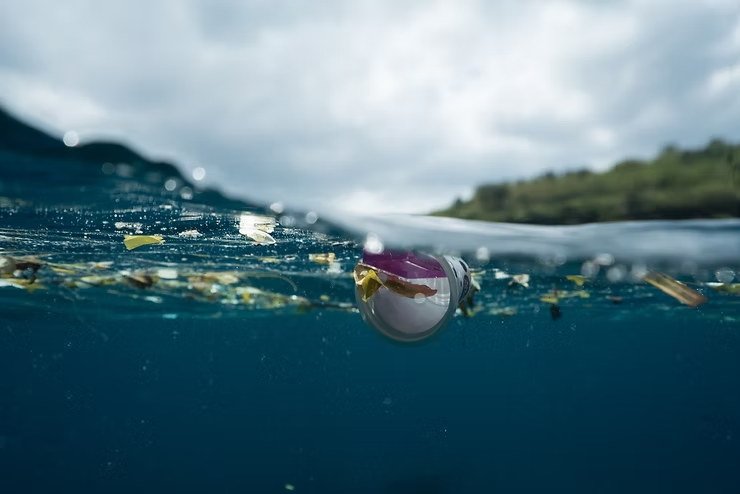Reducing Marine Litter
Reducing marine litter offers numerous environmental and human benefits, safeguarding the oceans and coastal communities.
Importance and Benefits
Ecosystem Health
Marine litter threatens ecosystems. Reducing litter protects ecosystem integrity, supports species survival, and maintains balanced food webs.
Biodiversity Preservation
Minimizing marine litter helps protect marine biodiversity by preventing harm from entanglement, ingestion, or habitat destruction.
Wildlife Protection
Reducing litter protects vulnerable species like sea turtles, seabirds, and marine mammals from entanglement and ingestion risks.
Coral Reef Conservation
Marine litter damages coral reefs. Reducing litter safeguards these critical habitats, supporting recovery and long-term ecosystem viability.
Economic Benefits
Cleaner oceans attract tourists, enhance recreation, and sustain fisheries, supporting coastal livelihoods and local economies.
Human Health Protection
Reducing litter decreases contamination of seafood, minimizing health risks for communities dependent on fish and shellfish.
Sustainable Fisheries
By preventing litter-related damage to fishing gear and fish populations, sustainable fisheries are supported for long-term viability.
Clean Beaches and Waterways
Reducing litter maintains pristine beaches and waterways, providing safer, more enjoyable environments for recreation and tourism.
Carbon Footprint Reduction
Minimizing marine litter reduces emissions from production, transport, and disposal, contributing to climate change mitigation efforts.
Education and Awareness
Efforts to reduce marine litter raise awareness about environmental stewardship, promoting responsible waste management and sustainable consumption.
Innovation and Circular Economy
Addressing marine litter drives innovation in recycling, waste management, and circular economy approaches that minimize environmental impact.
Global Collaboration
Reducing marine litter requires cooperation among governments, industries, communities, and individuals, fostering collective responsibility for ocean health.
Conclusion
Reducing marine litter protects ecosystems, wildlife, coral reefs, fisheries, human health, and coastal economies. It fosters environmental stewardship, innovation, and global collaboration, ensuring healthy oceans for current and future generations.

